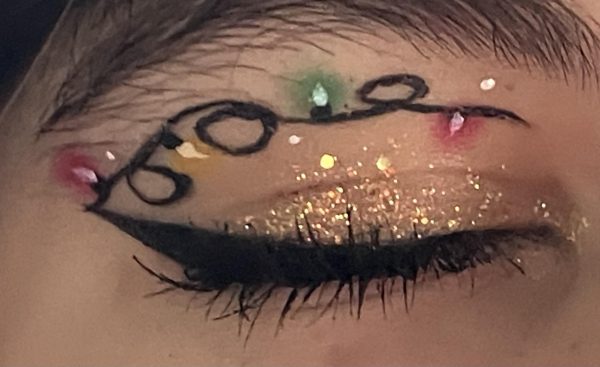Astrology scams sully legitimate information

I have recently heard of a spike in the popularity of horoscopes. What answers do people desire? No, they are not searching for Neverland (the second star to the right, obviously; who would not know that?). Instead, they are entering their date of birth into a scam-centered website so that their “personalized fortune” can govern their decisions.
Many people confuse astronomy with astrology. Astronomy is the study of celestial bodies, space, and the physical universe. Astrology, however, is the study of the movements and positions of celestial bodies and their supposed influence on human nature and behavior. One studies astronomy with a telescope, while one studies astrology with the horoscope you bought for $0.99 from the app store.
I believe that astrology can provide valid facts, when not sponsored by “fortune tellers” trying to make easy money on gullible individuals. Horoscope websites with similar layouts of their interpretations, in my opinion, fill in random catch-all, pleasant feeling messages that one could probably find on an inspirational cat poster from Wal Mart.
I viewed two different horoscopes for November 3, 2015, to see what lay ahead of me on that day. Astrology.com told me that I should cut out any relationships that do not satisfy me. Horoscope.com, however, told me I would discover a newfound talent today. Which one should I believe?
Horoscopes base their predictions upon one’s zodiac sign, an astrological system of celestial bodies that correlate with one’s date of birth. My zodiac, Pisces, applies to people born between February 19 and March 20. These zodiacs fall into certain seasons, as Pisces are born as winter comes to an end. Astrology does not seem illogical, just used improperly. Season of birth does have a correlation with health, for instance risk for disease. The New England Journal of Medicine, for example concluded that environmental factors such as season of birth can contribute to risks of illnesses like schizophrenia.
Do we benefit from improper horoscopes and star-readings? These misdeeds by money-grubbing entrepreneurs do discredit the field of astrology. The broad fortunes that horoscopes use manipulate the brain, and provide a horoscope checker with a feeling of happiness and security, even if that feeling is a business scam.
How necessary is the artificial feeling of safety that these heavily-advertised, differing horoscopes provide? Can one not find other creative ways to erase the dissatisfaction in his or her heart? Readers must steel themselves against the illegitimate use of astrology. If a reader can find one flaw in the horoscope, the artificial sense of wonder will slowly crumble. Just because Mercury is in retrograde with Venus, does not mean that you should start a new romantic relationship with someone on the spur of the moment.
I do not like profit-seeking horoscope websites, but the fundamental aspects of astrology still intrigue me. I offer my best advice to a reader experiencing the same feelings: read up on the history of astrology. Study stars and zodiacs. I would not hastily disregard astrology just yet, as putting emotion into one’s factual research would resemble the brain-molding techniques of big-name websites.
Next time I gaze upon the night sky and wonder what lies amongst the stars, I think I will pull out my telescope rather than my iPhone. My own two eyes can observe the heavens as well as any fortune teller could.


